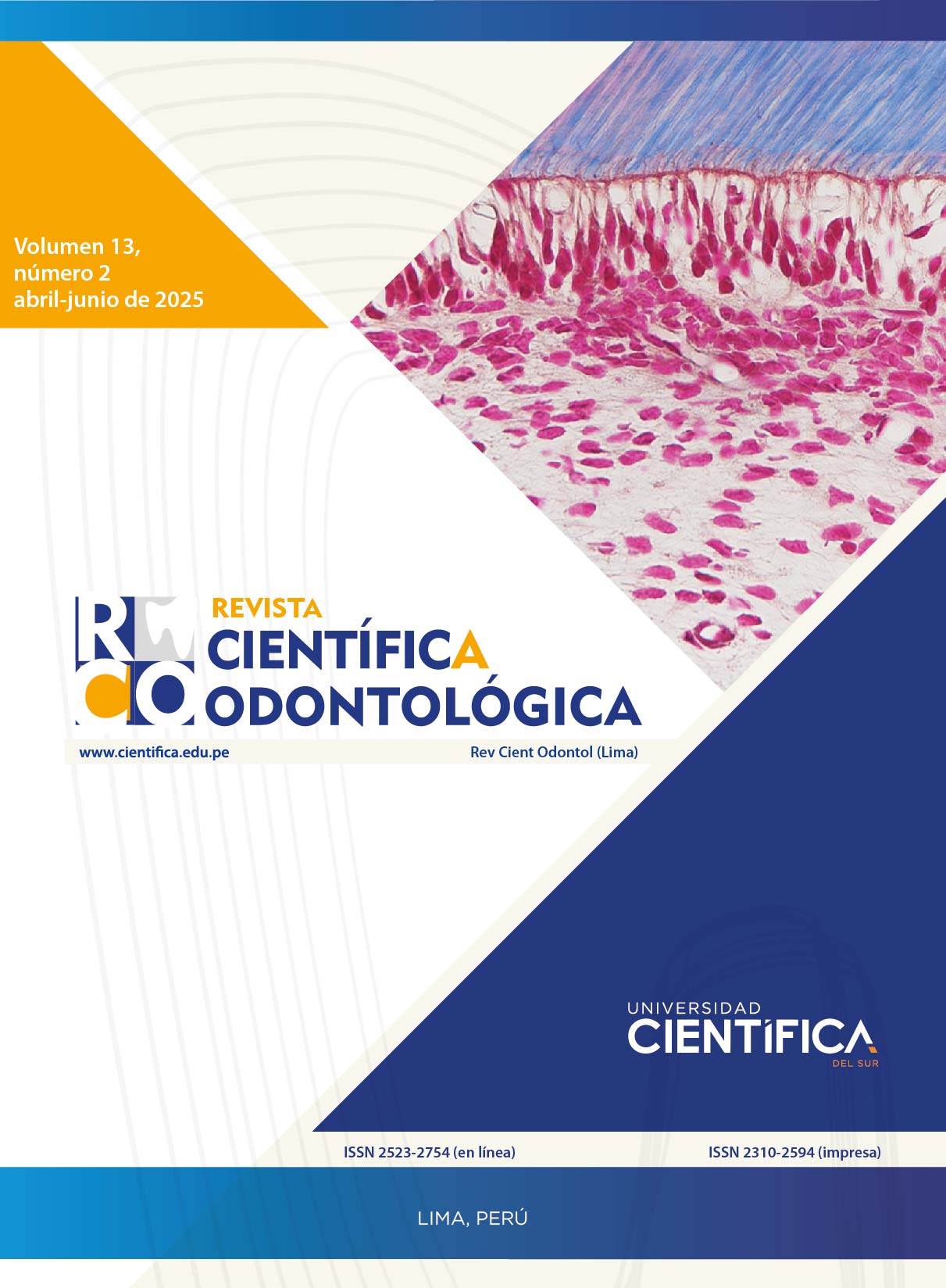IMMUNOLOGICAL CAUSES OF ORAL MANIFESTATIONS OF HIV INFECTION: A LITERATURE REVIEW
DOI:
https://doi.org/10.21142/2523-2754-1302-2025-242Keywords:
HIV, immunocompromised host, cellsAbstract
Introduction: Patients with human immunodeficiency virus experience immunodepression due to type C retrovirus, which can lead to various pathologies in the stomatological system. This occurs due to the immunodeficiency exhibited by the host, resulting from alterations in both systemic and oral cells, thus causing a modified immune response. CD4 T cells, dendritic cells, and macrophages bind to the virus’s DNA and act as sites for viral replication and reservoir of the disease, and undergo apoptosis. Similarly, other cells of the innate immune system become altered. This immunosuppression leads to opportunistic microorganisms attacking opportunely, altering the oral cavity and presenting periodontal diseases, candidiasis, Kaposi's sarcoma, and others. Methodology: A literature review was conducted to identify relevant information available between 2018 and 2024. Objective: The research aims to describe how immunosuppression of the immune system of a patient with HIV generates oral manifestations. Conclusion: Immunodeficiency occurring in secondary lines of defense is usually the cause of the loss of oral mucosa integrity, barriers such as immunoglobulins, and damage to periodontal tissues or at the epithelial level. These can be caused by virus replication, inflammatory media, and the apoptosis of immune cells.
Downloads
Downloads
Published
Issue
Section
License

This work is licensed under a Creative Commons Attribution 4.0 International License.

Este obra está bajo una licencia de Creative Commons Reconocimiento 4.0 Internacional.












